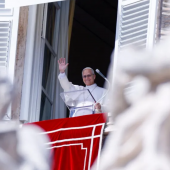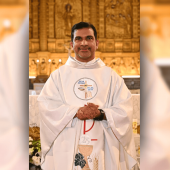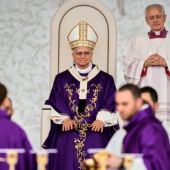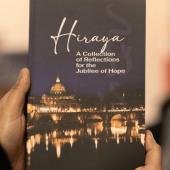Pope Leo: Politics must serve conscience and the common good
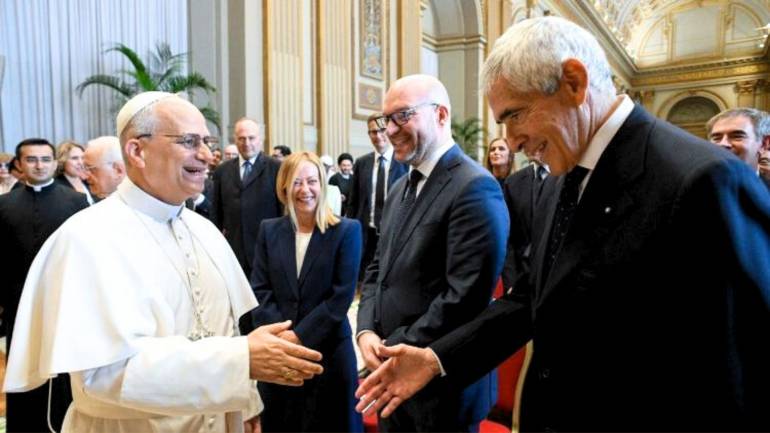
During the Jubilee of Governments, Pope Leo XIV addressed members of the International Inter-Parliamentary Union, highlighting the enduring relevance of St. Thomas More as a model of political integrity and conscience on June 21.
Calling him a “martyr for freedom and for the primacy of conscience,” the Pope praised More’s readiness to sacrifice his life rather than betray the truth. The address took place in the Vatican, with legislators from 68 nations in attendance.
The pope affirmed that politics, when rooted in service to the common good, is “the highest form of charity” and an expression of Christian love. He urged lawmakers to promote justice, protect the vulnerable, and foster policies shaped by moral values.
The pope laid out three key reflections:
-
Community First: He urged political leaders to protect the good of society over special interests, addressing wealth inequality and promoting peace through just distribution of resources.
-
Religious Freedom: He emphasized the political role in ensuring authentic religious liberty and advancing interreligious dialogue, citing belief in God as a powerful source of truth and social cohesion.
-
Natural Law: Pope Leo stressed that natural law, valid across time and culture, should guide ethical legislation. He referenced the Universal Declaration of Human Rights as a lasting moral compass.
The pope also addressed artificial intelligence, calling it a “major challenge” that must never undermine human dignity or freedom. “Our personal life has greater value than any algorithm,” he said, calling for politics to safeguard humanity in the digital age.
To conclude, Pope Leo XIV commended St. Thomas More as a model for modern political leaders, one who placed his faith at the heart of public service, defended the weak, and promoted justice and education.
“May his example be a source of inspiration and guidance for each of you,” the Pope said before giving his Apostolic Blessing.
Radio Veritas Asia (RVA), a media platform of the Catholic Church, aims to share Christ. RVA started in 1969 as a continental Catholic radio station to serve Asian countries in their respective local language, thus earning the tag “the Voice of Asian Christianity.” Responding to the emerging context, RVA embraced media platforms to connect with the global Asian audience via its 21 language websites and various social media platforms.









